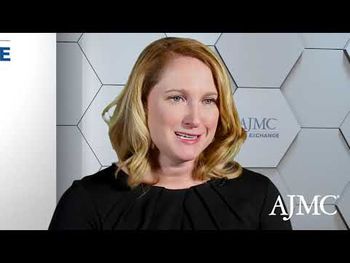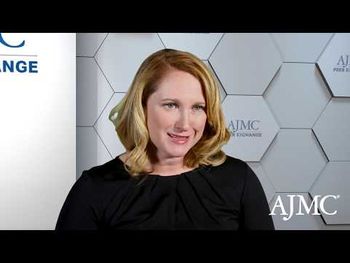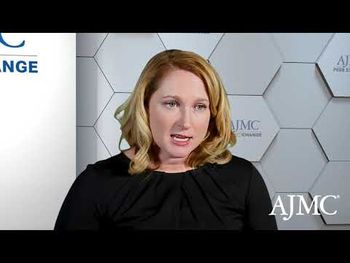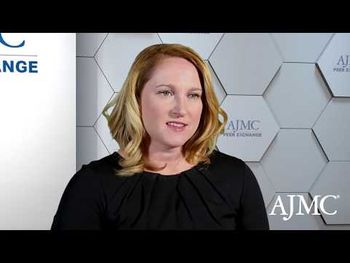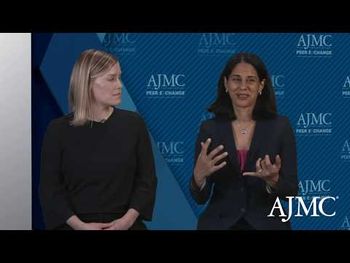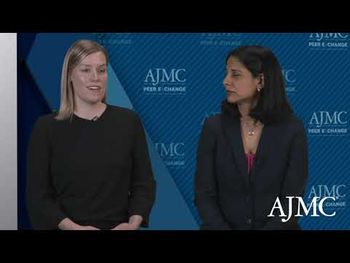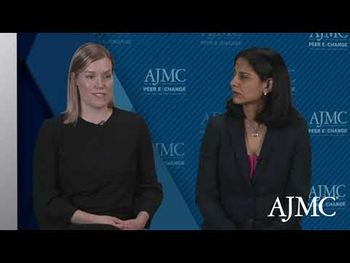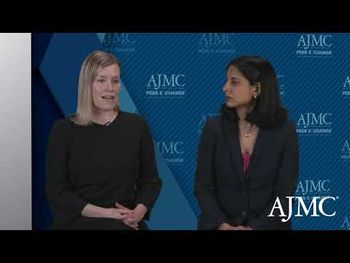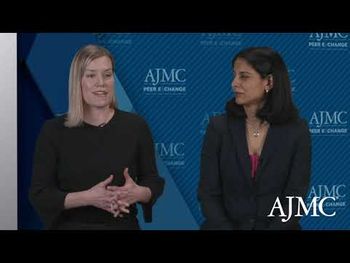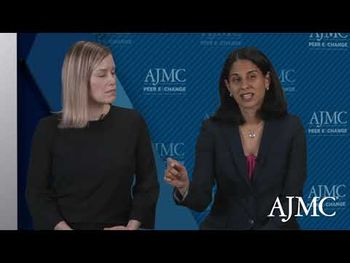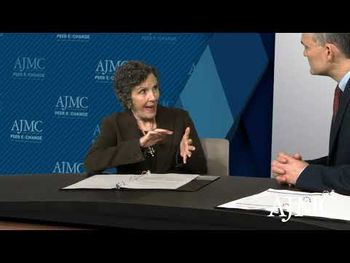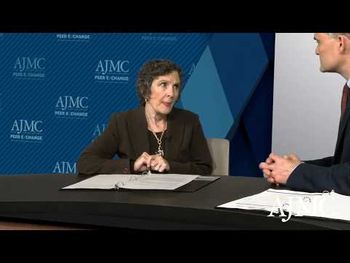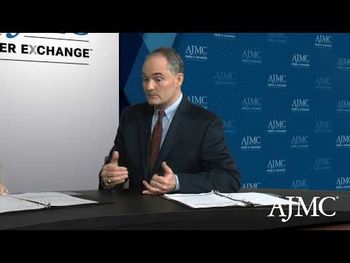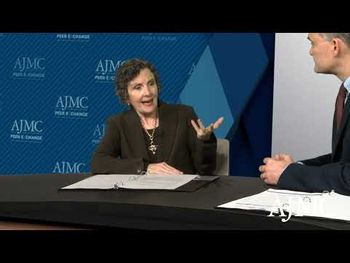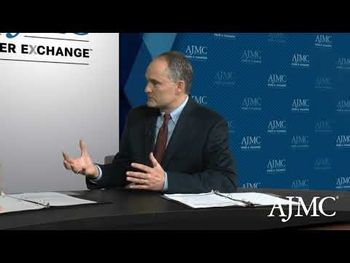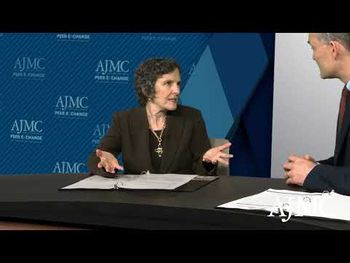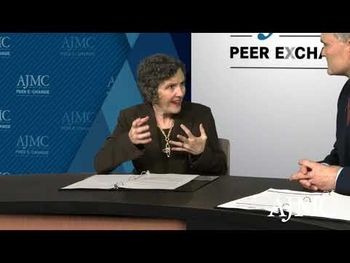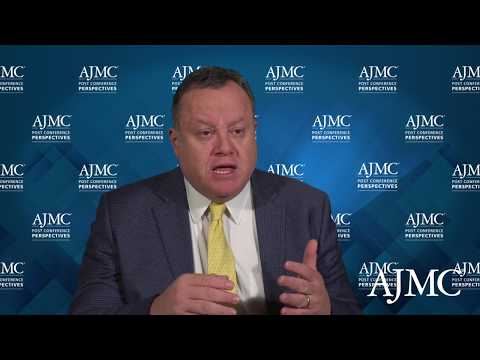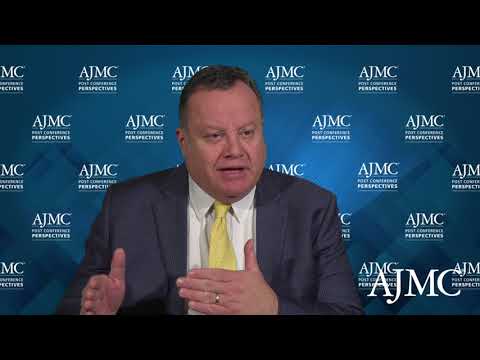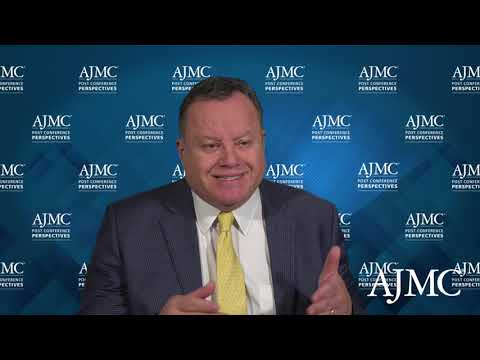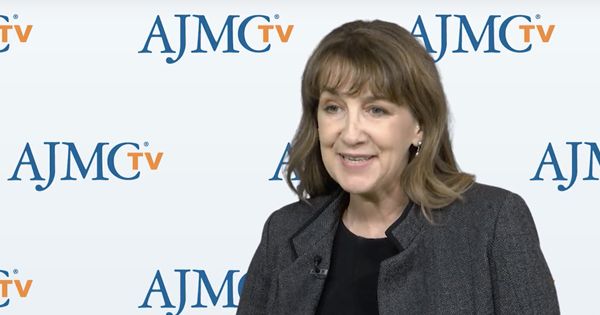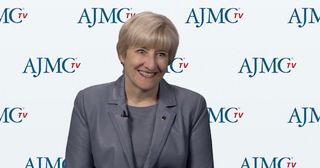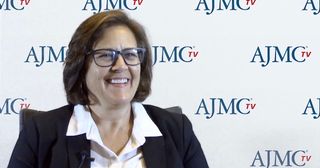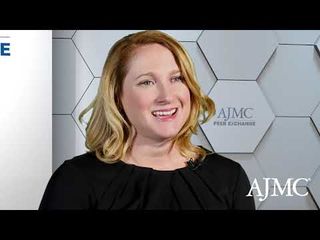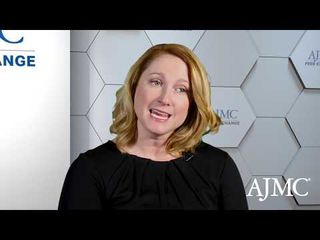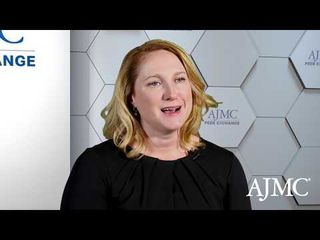
Oncology
Latest News
Latest Videos

More News

A joint assessment comparing the results of value frameworks created by the American Society of Clinical Oncology (ASCO) and the European Society for Medical Oncology (ESMO) found that the frameworks produce comparable measures of the clinical benefits of new cancer therapies in roughly two-thirds of more than 100 drug comparisons examined.

Practices participating in the Oncology Care Model have now received performance results for 2 periods, and many practices were surprised that they didn’t perform as well as expected. In general, some of the practices have found it difficult to predict success in the model, but there have been positive results from the OCM.

Every week, The American Journal of Managed Care® recaps the top managed care news of the week, and you can now listen to it on our podcast, Managed Care Cast.

A study published in this month's issue of The American Journal of Managed Care® estimated standardized episode-level spending for patients across subcategories of care for each hospital referral region—defined by the Dartmouth Atlas—in order to identify the greatest opportunities for cost savings under the Oncology Care Model (OCM).

A panel of patient advocates at the National Comprehensive Cancer Network Patient Advocacy Meeting, held in Washington, DC, discussed the reasons behind and consequences of inequities in cancer care.
